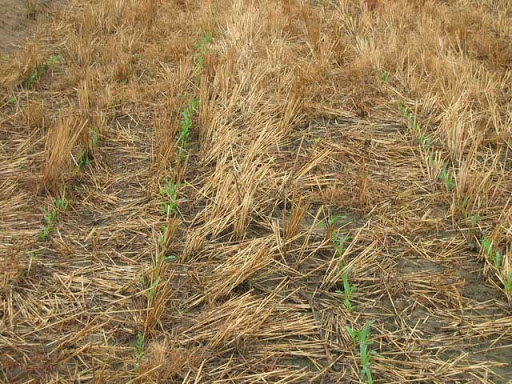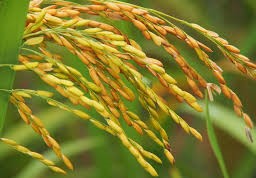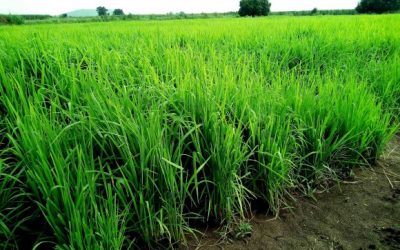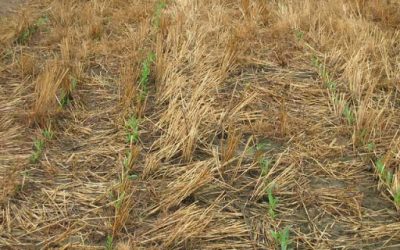Precautions to take when using Organic manure.

Compared to inorganic/artificial fertilizers organic manure often have a lower concentration of major plant nutrients (nitrogen and phosphorus). However, they have the advantage of enriching the soils with micro nutrients, enzymes and micro-organisms often not present in artificial fertilizers.
Organic manure if applied inappropriately could cause environmental pollution. Application of manure at a time when crop growth is slow and uptake of nutrient is low can result in leaching (washing downwards the soil profile) of nitrate and phosphorus into ground water. Furthermore, application of manure on anaerobic soils can lead to nitrogen loss to the atmosphere through denitrification (reduction of nitrate to nitrous-oxide and nitrogen gas).
Nitrogen present in organic manure is in its organic form and not readily available to the crop. It becomes available only after undergoing the process of mineralization, where decomposition by micro-organisms transforms organic nitrogen to its inorganic form (ammonium nitrate).
Rice-legume cropping: Rice-legume intercropping is a common practice in upland rice production and especially among growers in developing countries. The motivation for this practice is usually that growers get the benefit of yields, from more than one crop at the end of the growing season. Additionally, as this involves intercropping with legumes the grower also enjoys the benefits of increased soil fertility and quality.
1. The roots and other crop residues of legumes when decomposed by micro organisms help improve the soil organic matter content therefore improving the soil carbon content and soil quality for the next growing season.
2. Leguminous crops have nitrogen fixing ability. Legumes intercropped with rice have the ability to fix between 100-200 kg of nitrogen per hectare from the atmosphere within a year. Common leguminous crops intercropped with rice include groundnut, mung bean, soybean black gram, pigeon pea, and cowpea.
3. Finally, scientific research has shown some evidence of nitrogen transfer from legume crops to non-legume crops in the root zone. Here Legumes release soluble nitrogen compounds which can be taken up by non-leguminous crops.


